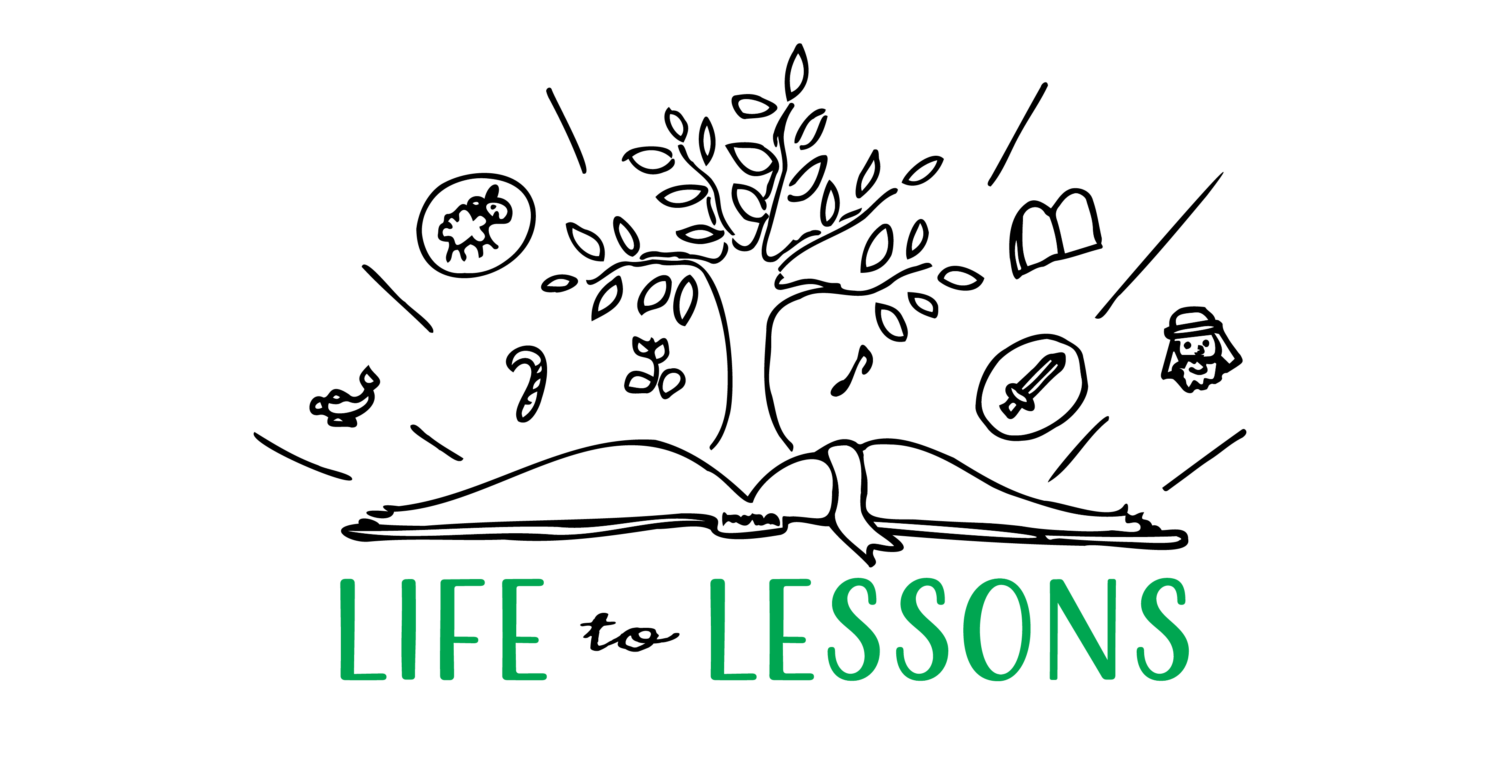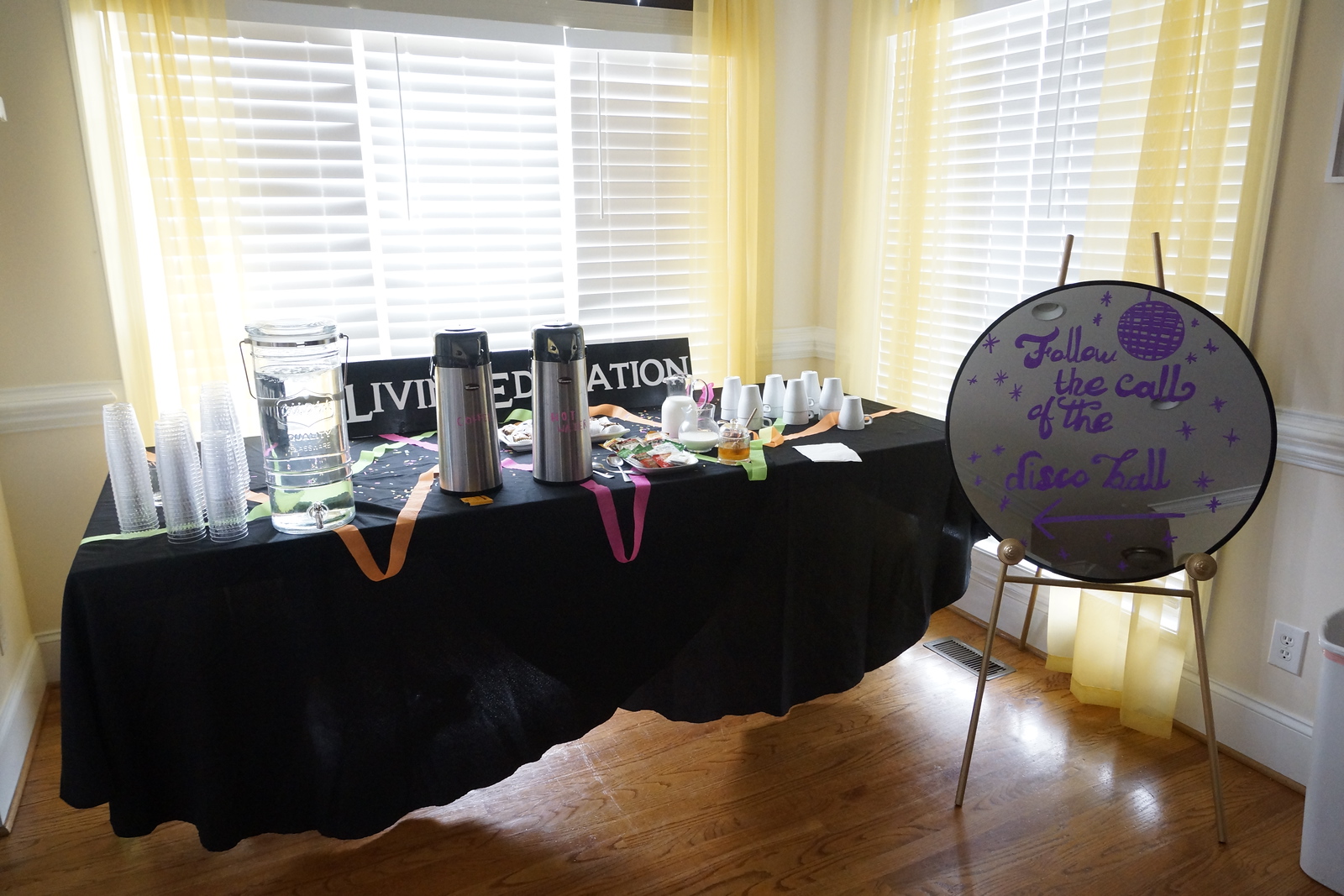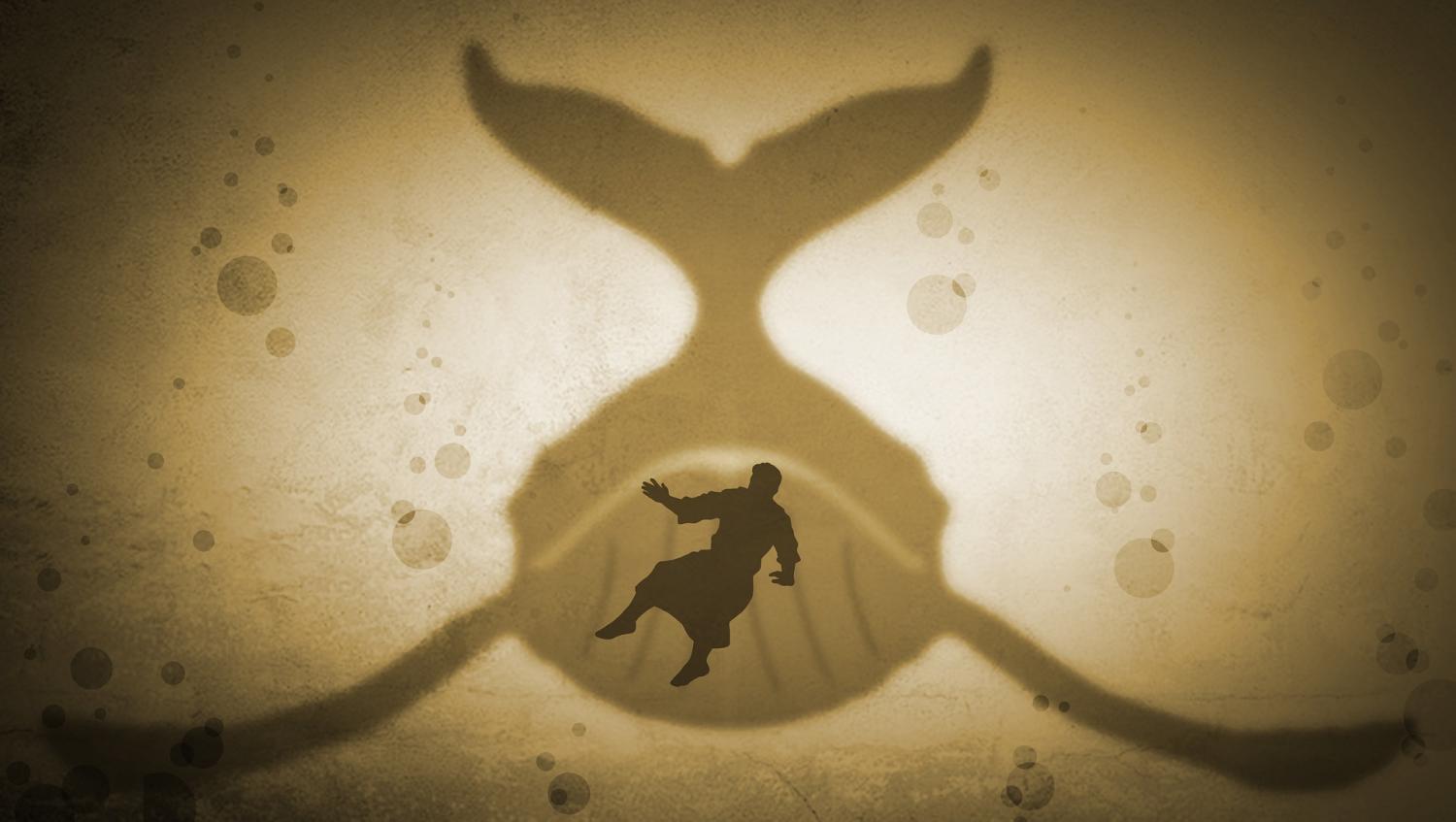Mr. Jonathan McNair: PowerPoint Power
Author: Caleb Loy | Living Education 2024-2025
How to do slide decks and better… and why
Mr. Jonathan McNair talked with us about the skill of making PowerPoint Presentations, which he argued we need to develop to succeed in today’s world. He encouraged us to use these skills to grow and thrive in our professional and educational futures.
He clarified that this was not a discussion of PowerPoint alone but all slide decks. Mr. McNair effectively introduced why becoming capable in this area is so important by highlighting various books written on terrible slide decks and how to fix them. What drove the point home was the comic with the punchline “Death by PowerPoint.”
Mr. McNair broke down his talk into two major components: the basics and the finer points. He told us that we needed to think about our slides last. We should first develop what we want to say, then build the slides to assist us, not make them our notes. When we read off the slides, it creates a disconnect with those who are listening to us. This is not a new concept, however. He compared it to a teacher in college who would write on the blackboard the entire time and seldom pay any attention to the class. Slides should be something we use to leverage attention to ourselves, not something to hide in.
Mr. McNair also taught that it is essential to create a consistent look and feel with the text; less is more. Individuals often put too much information that the viewer cannot take in. All this does is create confusion and distract the audience. Along with the amount of text, the size is equally important. There is no point in putting any text on the slides if the audience cannot read it. The same is true with photos. They should enhance the meaning of what is being conveyed instead of having them just because you think it would make your presentation more “colorful.”
Digging deeper, Mr. McNair discussed effects and transitions from slide to slide. He said that they should be simple, as, in most cases, the audience does not need fancy swirling transitions to keep them entertained. It would generally undermine our credibility. Instead of taking the time to add intricate transitions and effects, he recommended focusing on the “meat” of the presentation.
Mr. McNair reminded us that slide decks should only be a launching point for us to explore our topic. While notorious for detracting from a presentation, they can significantly enhance its effectiveness. While we do not use slides daily, we are excited to apply this knowledge to future projects. We were encouraged to develop excellence both in building slide decks and throughout our lives.









